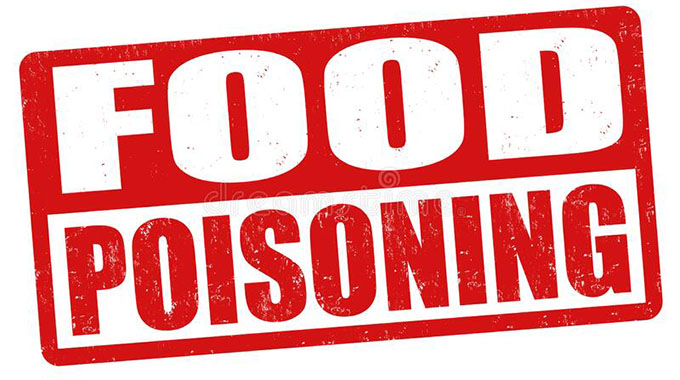Nigerians rally against GMOs
Chinedum Uwaegbulam and Julius Osahon
More than 100 groups representing over five million Nigerians are vehemently opposing attempts by Monsanto to introduce genetically modified (GM) cotton and maize into Nigeria’s food and farming systems. In their written objections submitted to the biosafety regulators, the groups, comprising farmers, civil society organisations, students and local communities cited numerous serious health and environmental concerns and the failure of these crops, especially the GM cotton in Africa.
The groups include Environmental Rights Action Friends of the Earth Nigeria (ERA/FoEN), Health of Mother Earth Foundation (HOMEF), All Nigeria Consumers Movement Union (ANCOMU), Rice Farmers Association of Nigeria (RIFAN), Women Environmental Programme (WEP) and Nigerian Women in Agriculture (NAWIA).
They say; “Monsanto’s application deceitfully provides no discussion on the potential risks of glysophate use to human and animal health and the environment.
Apart from the potential of contaminating local varieties, the health risk of the introduction of genetically modified maize into Nigeria is enormous considering the fact that maize is a staple that all of 170 million Nigerians depend on.”
It was gathered that Monsanto Agricultural Nigeria Limited has applied to the National Biosafety Management Agency (NABMA) for the environmental release and placing in the market in Zaria and surrounding towns of GM cotton (Bt cotton, event MON 15985).
A further application is for the confined field trial (CFT) of two GM maize varieties (NK603 and stacked event MON 89034 x NK603) in multiple locations in Nigeria.
In their objection to the commercial release of genetically modified cotton into Nigeria, the groups are particularly alarmed that the application has come so close after the dismal failures of GM cotton in Burkina Faso.
The Director, Health of Mother Earth – one of the groups in the frontline of the resistance – Nnimmo Bassey, said: “We are totally shocked that it should come so soon after peer reviewed studies showed that the technology has failed dismally in Burkina Faso.
“It has brought nothing but economic misery to the cotton sector there and is being phased out in that country where compensation is being sought from Monsanto.”
Monsanto’s GM maize application creates some concern, including the herbicide tolerant trait intended to confer tolerance on the use of the herbicide, glyphosate.
In March 20, 2015, the International Agency for Research on Cancer (IARC), the specialised cancer agency of the World Health Organisation (WHO), assessed the carcinogenicity of glysophate and concluded that glyphosate is “probably carcinogenic to humans.” There is also increasing scientific evidence that glyphosate poses serious risks to the environment.
Mariann Orovwuje, Friends of the Earth International’s Food Sovereignty Co-coordinator, said: “Should commercialisation of Monsanto’s GM maize be allowed pursuant to field trials, this will result in increased use of glyphosate in Nigeria, a chemical that is linked to causing cancer in humans.
“Recent studies have linked glyphosate to health effects such as degeneration of the liver and kidney, and non-Hodgkin lymphoma.
“That NABMA is even considering this application is indeed unfortunate and deeply regrettable, knowing full well about the uncontrolled exposure that our rural farmers and communities living close to farms will be exposed to.”
The groups are urging the Nigerian government to reject Monsanto’s applications out of hand. – The Guardian.






Comments